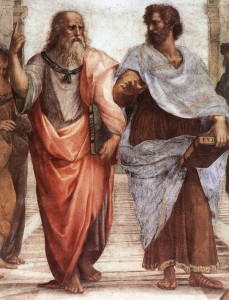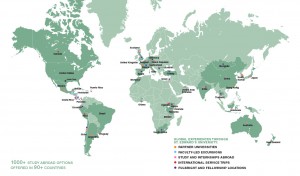In February 2017 GERC surveyed all faculty and key staff on draft student learning outcomes (SLOs) and other requirements for the Foundations, Content and Contexts, and Culminating Experience portions of the new general education curriculum. The survey results can be found here: requirements.survey.results.Report-1ynzxya.



